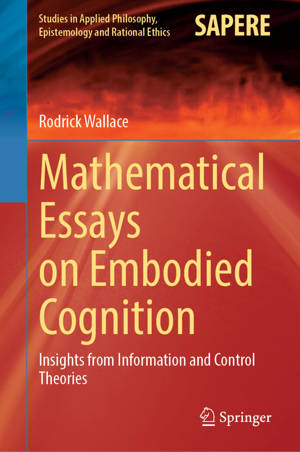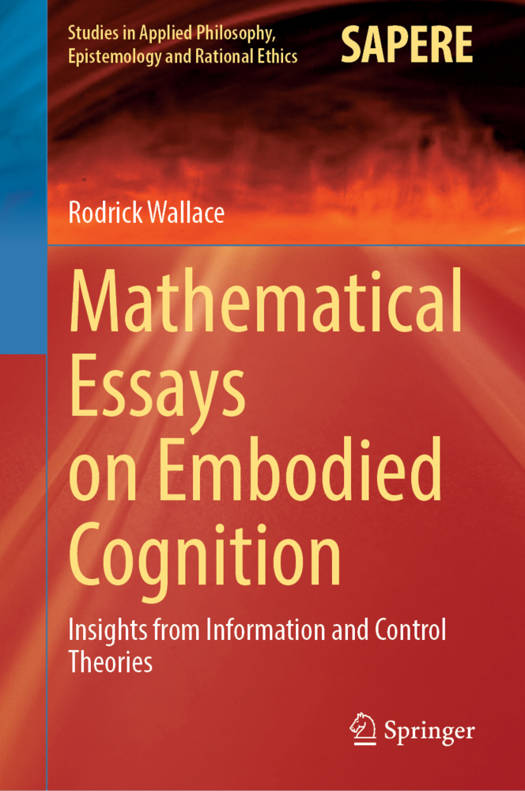
- Retrait gratuit dans votre magasin Club
- 7.000.000 titres dans notre catalogue
- Payer en toute sécurité
- Toujours un magasin près de chez vous
- Retrait gratuit dans votre magasin Club
- 7.000.0000 titres dans notre catalogue
- Payer en toute sécurité
- Toujours un magasin près de chez vous
Mathematical Essays on Embodied Cognition
Insights from Information and Control Theories
Rodrick Wallace
274,95 €
+ 549 points
Description
This book provides a unique formal foundation for the development of statistical tools useful in the exploration of observational and experimental data related to embodied cognition. The asymptotic limit theorems of information and control theories can be used to construct statistical tools analogous to -- but different from -- regression models for the study of the often highly punctuated cognitive phenomena embedded in and hence influenced by a surrounding ecosystem of which the phenomena are themselves part. The book builds probability models based on those theorems that incorporate embodiment at a number of scales and levels of organization, ranging from the effects of stress on the immune system within a higher organism, through institutional (and machine) cognition under challenge from adversaries, to the failure of public health institutions under pathogen challenge. In distinct contrast to the existing literature, many detailed, worked-out examples provide templates for sophisticated readers to build their own model/tool constructs.
Spécifications
Parties prenantes
- Auteur(s) :
- Editeur:
Contenu
- Nombre de pages :
- 296
- Langue:
- Anglais
- Collection :
- Tome:
- n° 72
Caractéristiques
- EAN:
- 9783031837081
- Date de parution :
- 14-05-25
- Format:
- Livre relié
- Format numérique:
- Genaaid
- Dimensions :
- 156 mm x 234 mm
- Poids :
- 616 g

Les avis
Nous publions uniquement les avis qui respectent les conditions requises. Consultez nos conditions pour les avis.






